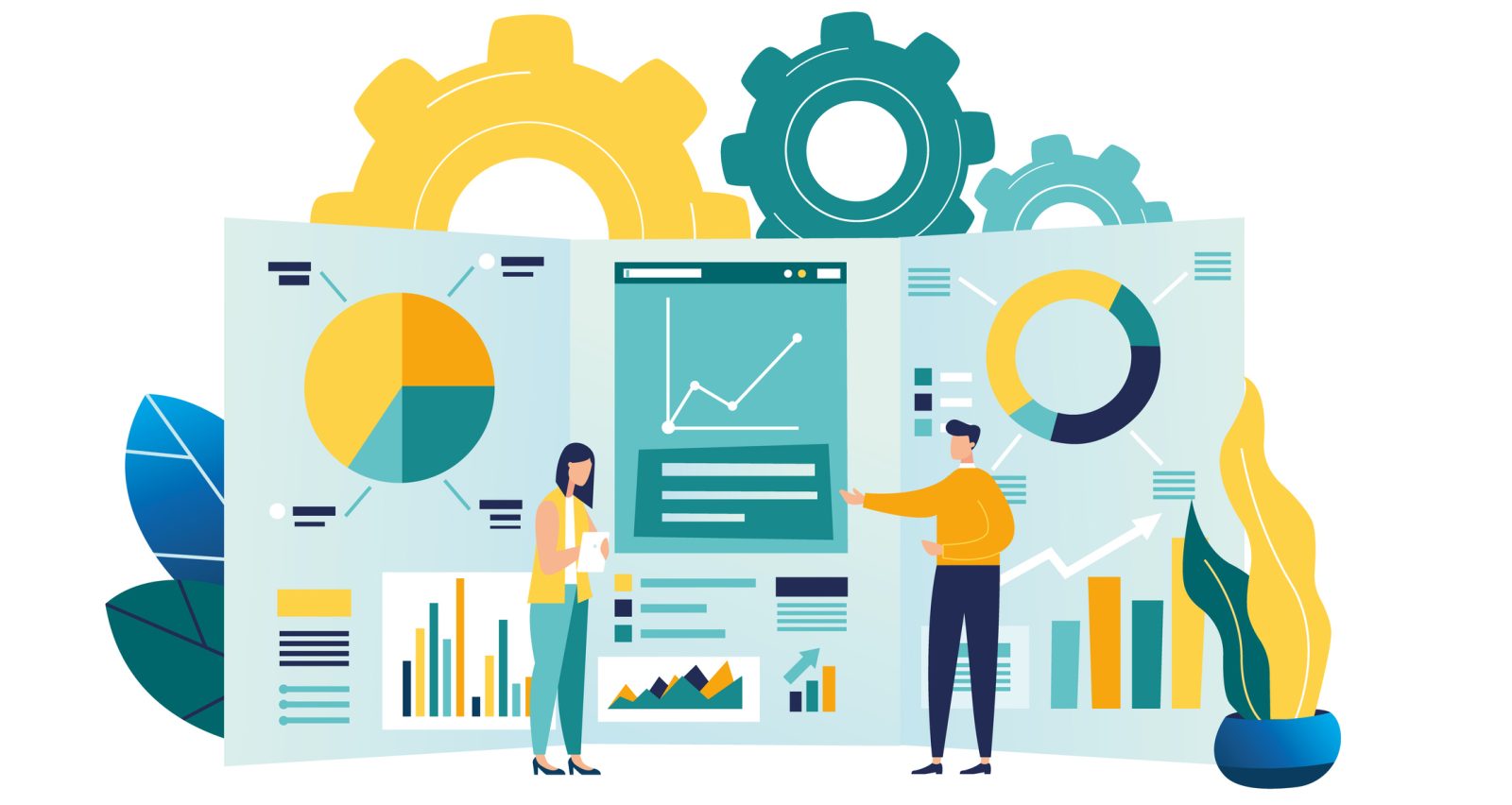“Data scientists love good, structured data. Information people know where to get that data.”
That’s how an information professional at a large pharmaceutical company described what drives the collaboration between info pros and data scientists at his organization. As he noted, “the one thing our researchers and data scientists don’t have is time, and having information specialists who understand the data sources is one thing they need. The scientists appreciate our focus on data quality and our ability to enhance the data with a specialized taxonomy.”
In fact, he sees himself as an information tour guide—helping connect his organization’s data scientists to the right data sources for each project and arranging for text and data mining licenses to enable the scientists to glean intelligence from the data.
Wondering how you can act as an ‘information tour guide?’ Consider the following:
Reach out to your entry-level colleagues
This is particularly important with data scientists who are recent graduates; while they are familiar with high-powered tools for data analysis, they often need support in working with project stakeholders and applying the tools to specific business problems. As the information professional noted, some new hires come from a linguistics background; applying their knowledge to the pharmaceutical industry requires significant adjustment.
While information professionals need not have expertise as programmers, he sees the importance of understanding the basic concepts and language of data science. “There is such potential for collaboration, particularly as we are looking at large language models and prompt engineering,” he observed. “It’s easy to get intimidated by the complexity of the data, until we remember that we bring our expertise in information management. While the data scientists get focused on building a new algorithm to solve a particular problem, we info pros can point them to a system we already have in place or to an approach others have taken to address the issue.”
Share what you’re doing behind the scenes
One of the important roles information professionals can play in supporting data scientists is in evaluating output and identifying ways to bring more structure to unstructured data. As this info pro described it, “we work with the data scientists on entity extraction, making sure that it is normalized according to our ontologies. The scientists assume that this works automatically; they often don’t see that we are evaluating the quality of the search results, determining whether this three-letter acronym references a process or is just the initials in an author’s name, for example. We think about the real-world problems that can pop up when we normalize the data. Sometimes that involves reviewing the output and manually curating the data based on our knowledge of users’ searching behavior.”
Be adaptable and stay on top of emerging needs
The job of information professionals is to give the scientists more context around the information, he said. “We look for ways to link data more effectively, to help the scientists address the most important business challenges. And we work hard on finding ways to calculate what is relevant and useful to each scientist. This is a moving target—what their interests are today may not be what they are focused in six months from now. We have to stay on top of their priorities so that we are feeding them the information they care about today.” By focusing on the emerging information needs of the data scientists, information professionals can contribute to addressing the most critical issues their enterprise is facing.
This is the final installment of Mary Ellen Bates’ series around Info Pros in a Data-Driven Enterprise. To see the previous blog posts in this series, check out:


